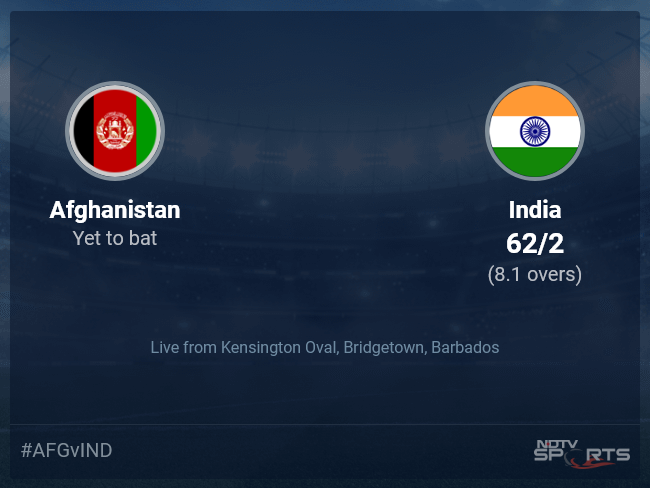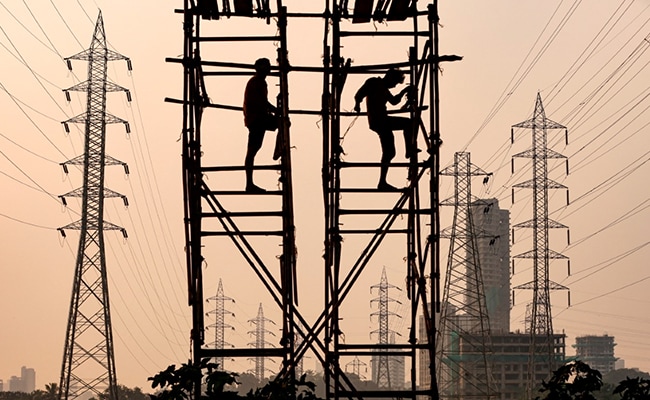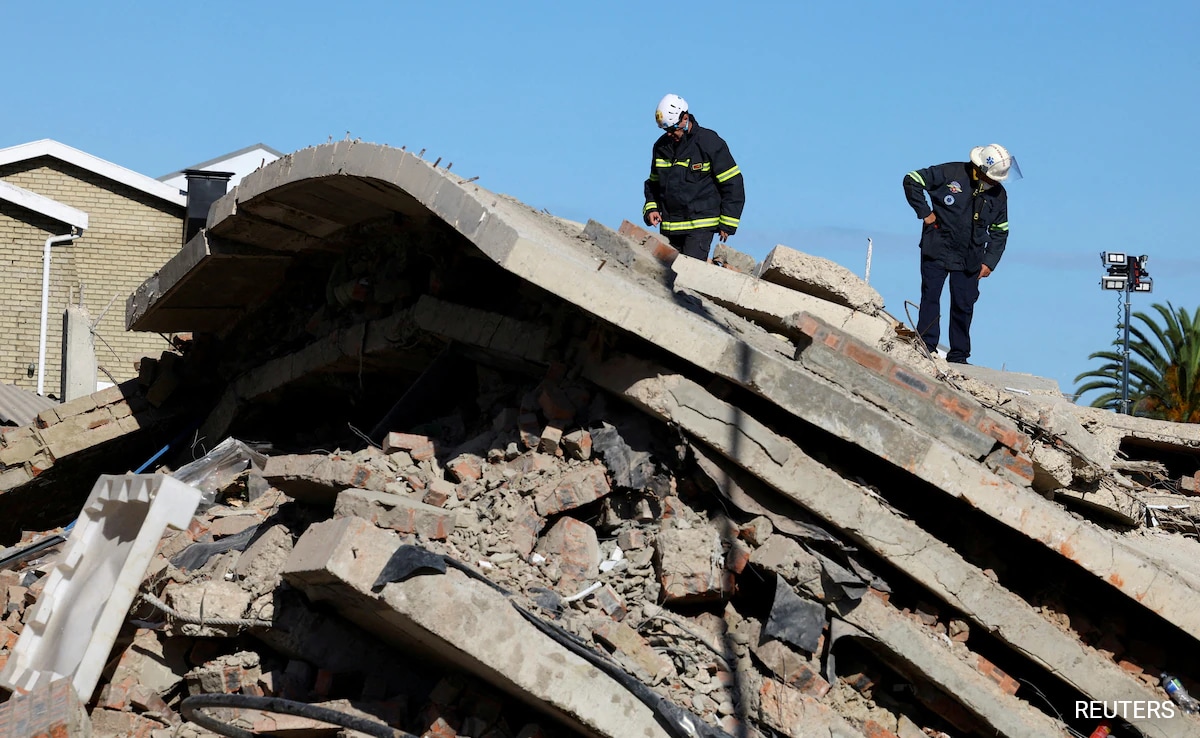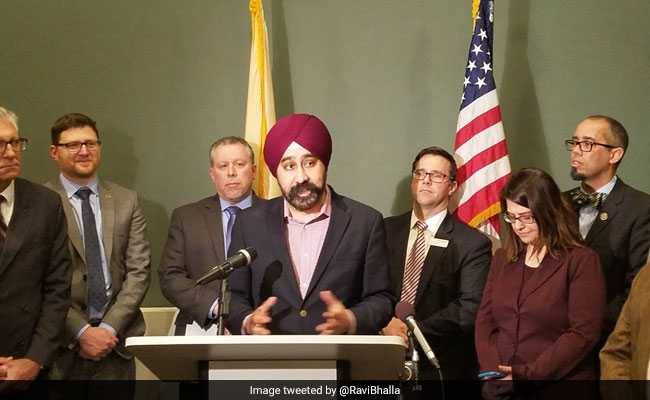Thousands of people rallied on July 19 against a planned operation by the Pakistan military to root out militants along the Afghan border, with at least one protester killed when gunfire broke out, officials and witnesses said.
More than 10,000 people waving white flags and calling for peace gathered for the rally in Bannu – 40 kilometres (25 miles) from Afghanistan – where a suicide bomber on Monday rammed an explosive-packed vehicle into an army enclave, killing eight Pakistani troops.
“Military operations have been ongoing for 20 years, yet peace has not been established,” protester Jamaluddin Wazir told AFP.
“Military operations can never be a substitute for peace.”
Pakistan’s government announced earlier this year, without giving details, that the military would launch a new campaign to counter violence in areas along the border with Afghanistan, which has surged following the Taliban government’s return to power.
Friday’s protest turned violent when crowds reached the walls of an army facility and gunfire broke out, witnesses and officials reported.
“They chanted slogans against the army, and some started throwing stones at the facility’s wall. This led to firing in the air by the military, causing a stampede,” an intelligence official in the nearby city of Peshawar told AFP on condition of anonymity.
At least one protester died, according to Pakhtun Yar, the provincial minister for public health, who was a speaker at the protest.
He accused the military of opening fire on the protesters.
“During the rally, shots were fired directly at me and the people standing near me. This wasn’t just firing in the air — it was intended to kill us,” Yar told AFP.
“The shooting was carried out by those who want to destroy our peace. They want to spill the blood of our people, but the community is no longer willing to tolerate this.”
Influential military
For years the Pakistan Taliban – a separate group from the Afghan Taliban but with a similar ideology – waged a bloody campaign in the area, killing thousands of civilians and taking control of parts of the border region, before being pushed back by a military campaign that began in 2014.
The clearance operation displaced hundreds of thousands of people and destroyed countless homes and businesses, sparking a local backlash calling for the rights of ethnic Pashtuns to be protected.
But protests against the powerful military, which analysts say holds large sway over the government and foreign policy, are rare and often brought down quickly.
Former prime minister Imran Khan, who waged a campaign of defiance against army chiefs after being ousted from power, is currently in jail on charges of inciting protests against the military.
His party has faced a major crackdown, with supporters and leaders rounded up last year for staging an unprecedented day of rallies against the military, accusing it of interfering in politics.
Violence has surged along the border since the Taliban returned to power in Afghanistan in 2021, with Islamabad accusing Kabul of failing to root out groups taking shelter on Afghan soil while preparing assaults on Pakistan.
The Taliban government insists it will not allow foreign militant outfits to operate from Afghanistan, but Islamabad-Kabul relations have soured over the issue.















